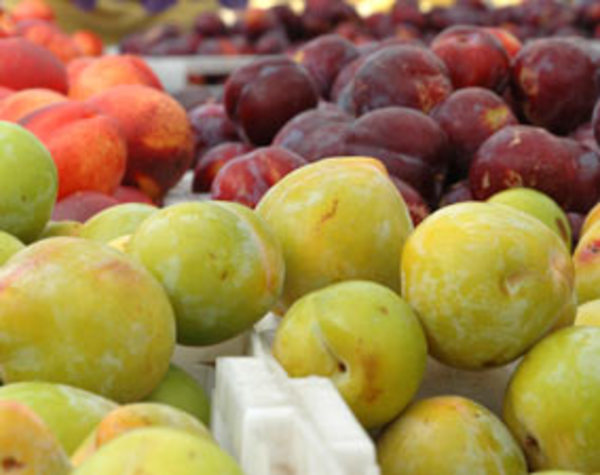How To Maximize Your Organic Produce

The expense related to acquiring quality organic food leaves many people wondering what they can do to make the most of it and make it last. Spoilage of produce and other whole foods can be the equivalent of throwing away money. But how can one win the battle of keeping such loss from occurring when dealing with living organic foods?

Fortunately, there are a few systems that the savvy consumer and private kitchen manager can implement to keep abreast of the ever present problem of food loss. The first rule of preventing loss is to invest in a good method of storage. Canning jars of varying sizes are exceptional for keeping and maintaining produce, sauces, and even grains if necessary. The drawback of canning jars is that they can be a bit more expensive and are not as conveniently sized and easy to access as alternative storage options. But they are the most durable and reliable which can save you money in the long run.

Alternative to the canning jar option is to recycle glass containers that are acquired through regular shopping routines. These can include spaghetti sauce, pickle, or jelly containers but can obviously also include any resealable glass container acquired at the store. This is naturally a less expensive option for storage than new products but can be irregularly sized and therefore less stackable. These types of jars may not be quite as air tight as a canning system so be observant of the style of lid that comes with the jar. There are also many glass storage containers that are made to stack easily and afford an economy of space when not in use that randomly acquired jars cannot provide.
Regardless of the chosen method of storage, consumers should at least look for air tight options to prevent as much spoilage as possible. A strong tool of many organized professional kitchens is to label and date everything that goes into the cooler so that stock and freshness are utilized and rotated in an appropriate fashion. This prevents loss and allows for ease of identification while hunting for food items in the refrigerator.
By dating organic foods, produce, dairy items and other perishable items stored in a refrigerator, loss is minimized by not repurchasing foods that already exist and using the items with the oldest dates first. But labeling and storing foods appropriately can only prevent the inevitable spoilage for so long. It will not prevent total loss if not used within an appropriate amount of time. Therefore, appreciation of the nature of fresh produce will assist the natural and organic foods purchaser from acquiring too much of a good thing.

Organic fruit is one of the more difficult commodities to keep around as it turns so quickly from ripe to over ripe. Accordingly, fresh organic fruit should be purchased in small bunches and eaten as soon as possible to maintain their optimal nutritional values and prevent loss. Another option, depending upon the space in the freezer, is to purchase frozen organic fruit and keep it in the freezer. When stored appropriately in airtight containers frozen produce can be kept exponentially longer but should be enjoyed in a timely fashion.
Finally, appropriate food preparation can be an invaluable activity to help make your food last longer. Upon return from the market, the shopper should do everything they can to prep their food for storage. This includes washing, chopping and properly storing the appropriate foods in airtight containers and then placing them in the refrigerator as quickly as possible.

